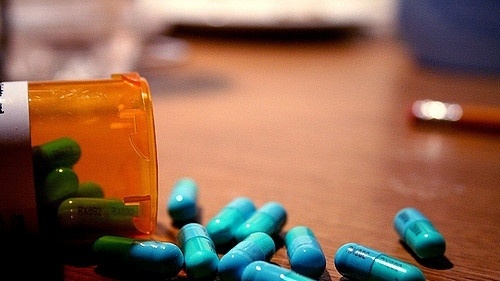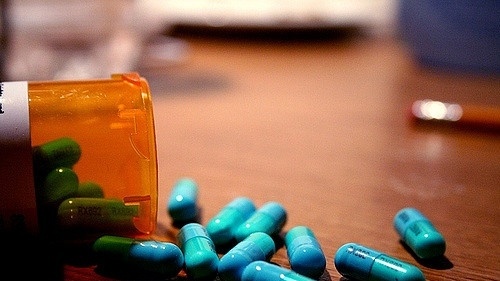 Substance Use Disorder can affect anyone regardless of age, ethnicity, gender, economic circumstance or occupation. Substance Use Disorder in Nursing is one of the most serious problems facing the profession today.
Substance Use Disorder can affect anyone regardless of age, ethnicity, gender, economic circumstance or occupation. Substance Use Disorder in Nursing is one of the most serious problems facing the profession today.
This disorder is more common in Nursing than many believe. The American Nurses Association (ANA) estimates that 6% to 8% of Nurses have a drug or alcohol problem that impairs their practice.
Nurses are often handling powerful painkillers and other prescription drugs. This accessibility increases the temptation to use. In fact, a study showed that Nurses who handle drugs are more likely to have an addiction than Nurses who do not.
Any healthcare facility will tell you that when they have great Nurses, they want to hold onto them. Most state Nursing boards understand that addiction is a disease and Nurses should have the opportunity to pursue recovery without worrying about losing their job.
Non-disciplinary programs are now used by a growing number of state Nursing boards. These programs provide rapid involvement in a rehabilitation or treatment program and remove him/her from providing care until safety to practice can be established and confirmed.
It is not easy for anyone with a substance abuse disorder to ask for help, and that can be especially true for Nurses. However, recognizing that there is a problem and asking for help are the two steps that can truly turn things around. If you or someone you know is struggling with SUD please use the resources below.
RESOURCES
For Nurses with SUD
The National Council of State Boards of Nursing (NCSBN) offers an Alternative to Discipline Programs for Substance Use Disorder directory here for Nurses to locate alternative to discipline programs for SUD in their state if available.
For Nurses Concerned for a Colleague
This NCSBN online brochure, What You Need to Know About Substance Use Disorder in Nursing, informs nurses of their ethical and professional responsibilities about reporting suspected or know SUD in colleagues.
For Employers
See Chapter 6 of NCSBN’s SUBSTANCE USE DISORDER IN NURSING: A Resource Manual and Guidelines for Alternative and Disciplinary Monitoring Programs offers a comprehensive examination of SUD in the healthcare workplace, particularly for Nurse managers.
For Nursing Students
Although not specifically for Nursing students, the NIH’s National Institute of Drug Abuse College-Age & Young Adults’ webpages, contain resources for how and where to get assistance for substance abuse, as well as drug facts, infographics, and more. Currently, there is very little updated guidance for Nursing students with substance use disorder. Nursing students may want to consult their health care provider, college health center, or employee assistance program.







